Hello friends,
Today we continue the conversation with fabulous sisters Leah and Bea Koch, co-owners and founders of The Ripped Bodice, the romance-only bookstore in the Los Angeles area. They also work with Sony Pictures in the development of romance-to-screen adaptations. Bea Koch is the author of Mad and Bad: Real Heroines of the Regency, which was published during the pandemic.
In the first part of our conversation we talked about Regency women, romance, racial diversity in romance publishing, history, and so much more.
And our conversation continues - in this edition, Leah and Bea talk with me about feminism and the romance genre and what it all has to do with Austen and with our lives today. Also, we got their favorite Jane Austen novels, some of the interesting retellings they love, and some of their favorite films and characters from Austen and the Regency era.
Enjoy this excerpt from our conversation.
Plain Jane
Let me ask something: You two are young and feminist, and bring ... in some ways, diversity, and also, you're very, very well educated. You've got fancy degrees … But you love romance. You love romance reading, you've always loved romance reading. So what draws you to romance? And also, do you feel like you are a typical romance reader? Are you an example of readers of romance?
Leah Koch
Very much. .. I think you have to spend - pre-pandemic - an hour in our store to sort of just see the parade of humanity that that comes through. I think that's something really valuable that the store offers that's just really different. I mean, obviously, not everyone's going to sit in the store ... people-watching. But I just feel like for so long there was this notion that romance readers are white women in their 60s - and not that they don't read and love romance, we have many wonderful customers of that age - but … to me the biggest thing that's wrong about the stereotypical romance reader is age. We really see 12 to 90 … just the entire entire age spectrum, whether that's young people getting interested in young adult books and sort of reading their first books that have kissing in them, or … one of the things I hear all the time is, “I just graduated from whatever, high school, college graduate, law school ...Now I get to read for myself again, and I'm going to return or start romance.”
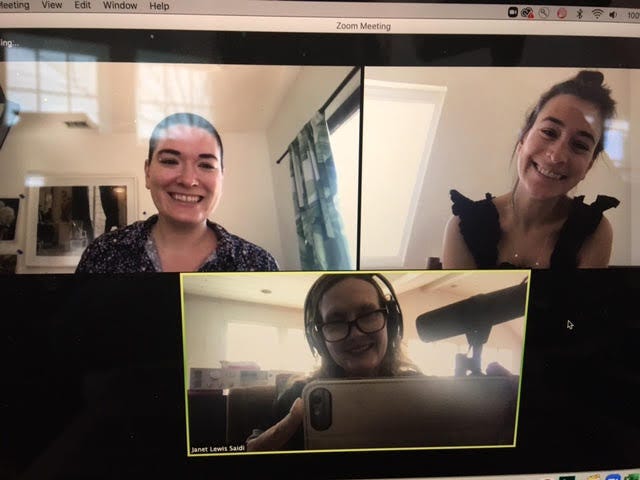
Bea Koch
I hear that all the time. I think it's what's so amazing is to hear what's bringing people to romance now is what brought us to romance as young women. And that is that these books center internal thoughts of the characters. And as young women as young people - I'm sorry, this is not a gendered thing, but I will speak from my own experience as a woman - you're told your emotions are too much all the time. Don't be so loud. Don't be so emotional. Don't fall in love. That's the wrong thing to do. You're getting all of these signals from society that you're too much. And romance is about all that too much being like the best part. Yeah, emotion is the best part of a romance. And I always think of the movie Inside Out. Sorry, like, I’m off on another tangent! But when I saw Inside Out as an adult - it wasn't available to me as a child - I was like, “What an amazing movie for kids to have now, to be able to talk about all their emotions and really feel like that's important.” And to me as a young woman, my romances - [and] the relationships my friends were having - that was my whole world. And so to find a whole genre where that was the most important thing and was so central and never denigrated, it made romance so important to me. And I love to hear new generations finding it for that same reason.
Plain Jane
So you're bringing me now to a little bit of Jane Austen. So something that Jane Austen did that's so powerful is to center this interior life, feelings of a woman. She also made damn sure to make it a very intelligent woman - her heroines are the smartest people in the room. And Jane Austen is always there letting you know how whip smart they are.
Bea Koch
… They are surrounded by other women and we get to see dumb women and other smart women as well. Something I always love about Austen is I think you can see her own love for her sister in her writing. And in the way the sisters - of course, like Pride and Prejudice sisters - but in all her books, sisters and friendships play out. I think we even see it in romance. Of course, the central love story is so important. But many of my favorite romance novels focus just as much on the friendships surrounding the couple and the way love changes not only your relationship with your partner, but your relationship with your sister and your best friend. And if you're building your family and bringing all these people in, and I think the idea that Austen still to this day connects to people in that way and makes you feel instantly like those sisters our are your sisters, and you're in that drawing room with them and feeling their squabbles and their love for each other and how they'll be there for each other even when one makes a mistake. It's just so universal. Not only the love between Lizzy and Darcy but the love between Lizzy and Jane and - Leah’s favorite - Mary.
Plain Jane
Leah: Who's your favorite? Mary?
Leah Koch
Mary [laughing]
Plain Jane
You love Mary? Because you know, I actually kind of like Mary because she's the one - she's sitting and reading all the time. And she is a rebel in her own way. She refuses to be pleasant. And if she wants to be self righteous then she can. Why do you love Mary, Leah?
Leah Koch
She's so annoying … she's such an asshole. I always picture her as Goth, like she would be like dressing Goth now. ...
Plain Jane
Love. It. She's Winona Ryder in Beetlejuice.
Bea Koch
I think Leah always associated with Mary because … of course, I'm always like, “I'm such a Lizzy.” Like I totally am. And then there's this other kind of version of which is Leah, which is like, “[I’m] the rebel. I'm not the cool one to be.”
I think the idea that Austen still to this day connects to people in that way and makes you feel instantly like those sisters our are your sisters, and you're in that drawing room with them and feeling their squabbles and their love for each other and how they'll be there for each other even when one makes a mistake. It's just so universal.
Plain Jane
Okay … now that we're on to Jane Austen. What is the relationship between Jane Austen and romance novels where you're concerned? Because, you know, scholars will tell you, Jane Austen was part of the Romantic period, Bea as you point out helpfully in your book, but was kind of anti-romance in some ways in her writing. She wanted women to think for themselves and she wanted us to carry our brains like armor, you know. So what how would you describe that relationship? She's influenced a lot of Regency romance. Would you say she has been foundational to Regency romance?
Bea Koch
I would certainly say she's foundational to Regency romance - I think not only in her actual stories, but literally the history of Regency romance is a pastiche of true fact and fiction. [Georgette Heyer’s] role, I think, in the history of Regency is really much more complicated than Austen because of some of the anti-Semitism and other stuff in her work. But she was an obsessive scholar of Austen and her research notebooks are her doing all this research on a lot of stuff she read about in Austen.
Leah Koch
Isn't there like a phrase that you said never existed but people think is real?
Bea Koch
Yes, there is. There are a couple things from Georgette Heyer’s work that contemporary romance novelists have referenced as though it is a true Regency fact. But it was made up in the 1930s by Georgette. And it's called, I want to say it's like the Bunbury Incident.
Leah Koch
That sounds right. Yeah.
Bea Koch
So I learned about this. When I was at Yale, I took a class about historical romance novels with two amazing authors.
Plain Jane
I wanted to ask you about this. You studied romance novels at Yale!
Bea Koch
It was one of the most amazing experiences, truly, of my life … But I found I was like, “Oh my gosh, I'm not the only person reading this. And I'm not the only person who really sees that there's something here that should be studied, like in an academic way!” And so yes, we read - I think it's a Loretta Chase - that references something from a Georgette Heyer, that didn't actually happen in the Regency. … It's like a wink and a nod to romance readers saying … this history is its own. That's not unproblematic. Georgette Heyer has serious anti-Semitism in her work, which as a Jewish woman, deeply offends me and makes me uncomfortable including her in the hierarchy, in the … bloodline, of romance. But the way these sources play on each other I think is so important in understanding our history, and how we got to where we are now.
Leah Koch
It's exactly what you just said, Janet. We're still having this discussion. Now. We still have it once a week, which is, “Can a book be feminist if it ends with, you know, the woman getting together with a man?” And obviously, romance novels now include people of many other genders who do not end up with just man and woman. But for now … we hear from people all the time, that are like, well, if she needs a man to be happy, then how is this feminist? And I feel that like, that was the exact question that Jane Austen was exploring, and romance novels still explore. And I think we have a lot of different answers to that question, depending on how annoying the person who's asking it is being!
[W]e hear from people all the time, that are like, well, if she needs a man to be happy, then how is this feminist? And I feel that like, that was the exact question that Jane Austen was exploring, and romance novels still explore.
Bea Koch
I think that goes back to that question of devaluing our life, right? Like, “romance is not important. And if you're writing about romance, you’re not writing about what's important.” Which is so interesting because to me romance is the most important thing. And if you're not writing about romance, what are you writing about?
Plain Jane
I feel like Shakespeare was writing about a lot of things, but he was also writing about romance. I think there's some sexism involved in that. And double standards involved in that. That we've all been influenced by. Those of us interested in reading and in literature are constantly having to deal with this devaluation of, basically, our lives and our experiences, and what matters to us and what makes the world go round.
Leah Koch
In some ways, [in] feminism, I feel like there's often these wild swings, from “only focus on your career … partners and children don't matter,” and then we wildly swing the other direction with, “If you want to stay at home and have eight children, that's what you should do.” And we seem to have a lot of trouble finding a place in the middle. And I think modern romance novels, I think certainly attempt to do that.
And I think good modern romance novels tend to be very holistic in their approach to the central characters' lives. So I think now, you know, and obviously in the past as well, but when you look at the bestsellers coming out of our store… the characters have a very interesting career, or it's in a really interesting setting. And it's just a very holistic approach that for some reason seems to freak people out - that you can both have an interesting career and if you so choose, fall in love at the end of it, and you don't have to go off and have a babies. But if you want to, you can, and then they will all get their own books.
—-
Thanks for listening, friends. Talk back to us! Are you a reader of romance that doesn’t fit the stereotypical mold? What romance books and authors have you discovered and love? Did you enjoy this conversation, or have a comment or question for Leah and Bea? Let us know - comment below, or email me at AustenConnection@gmail.com. You can also find us on Twitter at @AustenConnect on and Insta at austenconnection. Stay in touch!
Yours truly,
Plain Jane
To hear more conversations, check out The Austen Connection archives, or find the podcast on Apple.
If you enjoyed the conversation, feel free to share it!
And to get all the conversations dropped right into your inbox - for free - subscribe!




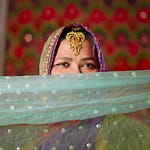
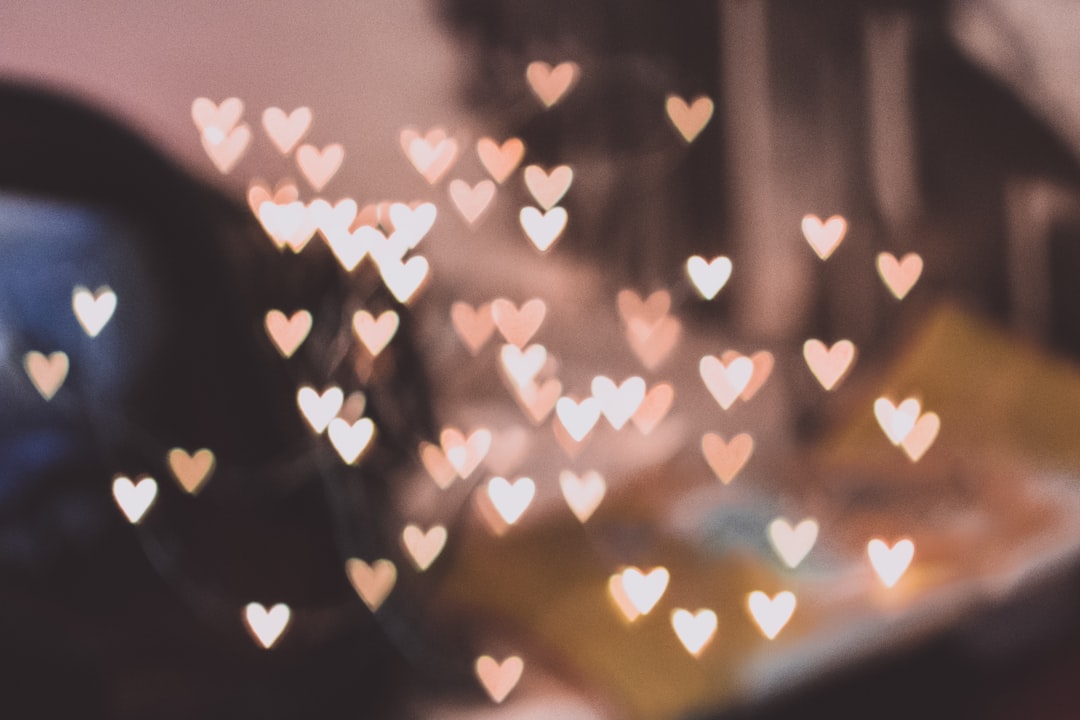
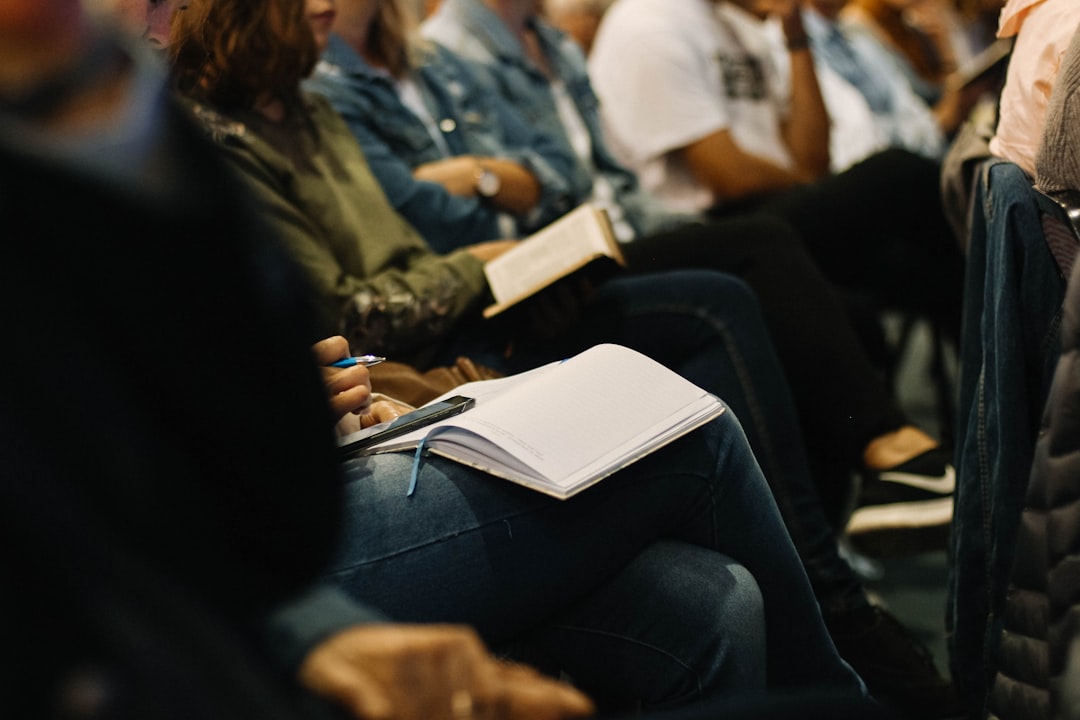


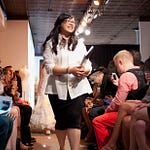
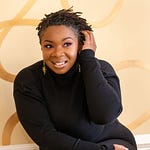

The Podcast - Episode 3: Romance, the Regency, and Jane Austen